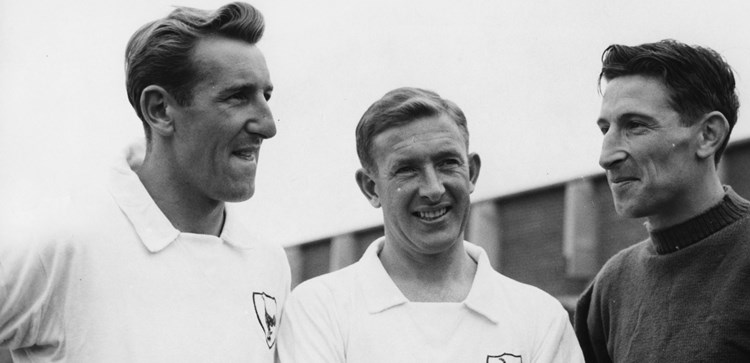
Tony Marchi: My journey to Euro glory… and how I got my car back!
Wed 22 April 2020, 09:08|
Tottenham Hotspur
Today (Wednesday 22 April) marks a staggering 70 years since Tony Marchi made his first team debut for us in a Second Division clash with Grimsby Town at White Hart Lane.
Now 87 and residing in Maldon, Essex, Tony is one of our oldest surviving players, and the only one who was around during both our First Division title wins in 1951 and 1961.
Born in Edmonton but with paternal roots in Italy, Tony made his senior bow as a 17-year-old under Arthur Rowe. Versatile enough to play numerous roles, he was appointed captain in the mid-1950s before joining Juventus in 1957 but, as it transpired, he would never play for the Old Lady. Due to a technicality involving the registration of overseas players, he spent a season apiece on loan at Vicenza and Torino before returning to north London in 1959.
Often used as a back-up to Danny Blanchflower or Dave Mackay, he played six times as we won the Double in 1961 before starting in our famous 5-1 thrashing of Atletico Madrid in the European Cup Winners’ Cup Final in May, 1963, as we became the first British team to lift a major European trophy. He left us in 1965, having scored seven goals in 260 appearances.
We visited Tony and spoke at length back in January, 2018, shortly before his 85th birthday. First published in our official matchday programme in the months that followed, here are some of his magnificent recollections as we mark the anniversary of his debut…
Early days at Spurs
“Arthur Rowe was a great manager, a gentleman. When I was 16, he took me to two or three games with the first team, just to sit in the stands next to him and he used to point out different things. I was very honoured to sit next to Arthur Rowe, wasn’t I? I had my first few games at the end of the 1949/50 season. I think it was Bill Nicholson who got injured actually and that’s what gave me the chance to go in and play. Then it was back to square one, back to the reserves. After two or three months, I had to do two years’ national service in the army. I was 18. The first year after I came back wasn’t too successful, but then Arthur Rowe went and bought the tactician, Danny Blanchflower, for the magnificent sum of £30,000. He was a very clever man and it gradually improved from there. We became runners-up to the great Manchester United side of the time and then off I went to Italy for two years.”
An unexpected Italian job
“We’d gone to Canada and America on a close-season tour in 1957 and when we got back, suddenly I started to read in the papers that I was going to get transferred to Juventus. I didn’t know anything about this. Whether the manager Jimmy Anderson knew, I don’t know. Anyway, my wife and I went on holiday to Jersey. We were having a nice time but the phone kept ringing. It was this agent and he kept on asking, ‘when are you coming home?’ I kept saying, ‘listen, I’ve been away for six or seven weeks, I’m here with my wife, I’m having a nice holiday, I’ll see you when I get back.’ Nearly every day the phone rang. ‘Where are you, why aren’t you coming back?’ In the end we finished our holiday and I had to go up to Tottenham to see the manager. He started to explain to me that they’d had an offer for me to go and play for Juventus and they’d accepted it. Brilliant. It was £40,000, a big transfer in those days. I was captain of the club, we’d been doing well, we had a very good team, but I’ve got to say this now, if it hadn’t been for the money, I would never have left Tottenham. It was a lot of money compared to what I was earning then – 20 pounds a week, four pounds if you won, two pounds if you drew and in the summer, 15 pounds a week. We used to get a job in the summer to make up the wages. We’d go to Tottenham, they’d take us on the ground staff and we used to potter around doing different jobs, painting and everything, just to make our money up. That’s how it was in those days.”
Red tape on arrival in Turin
“The richer teams in Italy were buying all these good foreign players, the Swedes especially because they were amateurs and they didn’t have to pay any transfer fees for them. The Italian football team wasn’t having a good time and they came to the conclusion that it was the foreigners who were stopping their younger Italian players from getting better, so they put the block on and said that Italian teams could only have one foreign player, plus one of Italian descent. I was the descendant. Juventus were hoping that after two or three years this restriction would finish, so they’d already signed, for the coming season, the Argentine, Omar Sivori (also of Italian descent). He was one of the best players I’ve ever seen with his left foot… magic. They said to me, ‘if you can possibly get three Italian international caps, that classes you as an Italian and we can take you, regardless of where you were born.’ That didn’t happen and after two years the rule didn’t change so I came back.”
Scoring goals for Vicenza
“The Italian way of playing was a defensive game. When I was with Tottenham it was free-flowing football, you all went forward or you all came back. In my time, it was the two inside-forwards who were supposed to go up and down. When I got out to Vicenza, I couldn’t understand what was happening. Because it was one of the smaller teams in the Italian league, they put one man up at centre-forward, a Swedish bloke on the left wing and all the other nine were back in defence. Our first game was against AC Milan, they were the champions the year before, and I was in the midfield, left half. I was trying to go up like I used to, but they were shouting ‘get back, get back.’ We were getting a draw here or there, a winner sometimes but in the end I tried to explain to the trainer how I was feeling. Before I went there, the big team in England was Manchester City and Don Revie was playing. He used to be in the middle of the field controlling the game, going up and down, anywhere he wanted to. I said to our coach, ‘why don’t you put me there?’ I wanted to do something, I didn’t want to stand back on the half-way line doing nothing. He said ‘alright, if you want to.’ I think he got fed up with me! Anyway, that’s what happened. I went in central midfield and he gave me carte blanche to go where I wanted. I think it was the first or second game, we played Juventus, we beat them 1-0 and I scored the goal!”
Return to Spurs after a second year in Italy
“We were in Turin then. I used to live right next door to the former Leeds player, John Charles. He was playing for Juventus and I was at Torino. Tottenham were having a bad time, they were near the bottom and struggling. They’d sacked Anderson that year and given Bill Nick the job. He came over to see me and said, ‘how about transferring back to Tottenham?’ I said yes, so Bill went to the Juventus chairman and said he wanted to take me back. He said no for some reason, not yet. I don’t know why. Anyway, Bill came and explained to me that when the season ended, he’d get in touch and we’d do the deal then. He came back to England but in a month’s time, Tottenham were still struggling so he went up to Scotland and signed Dave Mackay! What a great player he was. Near the end of the season, he came over and said, ‘to be quite honest, Danny Blanchflower’s on his last legs, he’s 33 now, he’s not going to last that long and I want you to come back and be ready to take over.’ But Danny lasted another four or five years, didn’t he? So that’s how I became like a permanent reserve to Mackay and Blanchflower.”
The emergence of our Double-winning side
“They had it there. Suddenly the side began to click. Why? I don’t know. Suddenly everything came together in the jigsaw and it started from there. Then Bill Nick went to Scotland and brought in John White, a marvellous little player, and he kind of blended the side together. They’d already got Cliffy Jones, John White was put in with Bobby Smith and then of course there was Les Allen who was scoring lot of goals, brilliant. After the Double he went out and bought Jimmy Greaves. Of course, Greavsie came in, he made the side even stronger and that’s how it gradually went on.”
Was there ever a time that our players believed they could win the Double?
“No, not at the beginning and not at the half-way stage. It was only probably in January or February time when the cup ties were played and we were winning. Suddenly you got to the semi and you’re top of the league with so many points’ advantage and the club started to think ‘we’re going to do something here. We’re going to win the league, but if we win this cup it’s going to be something big.’ Of course, that’s how you felt as it went on, and they did in the end.”
Did you realise the importance of what you’d done when the 1961 FA Cup final whistle blew?
“No, I don’t think we did. We were all happy, obviously, and very proud but we didn’t think it was that big, as you might say. I think the next year we won the cup again and by that time we knew 1961 was special.”
Big chance in the 1963 Cup Winners’ Cup final
“Dave Mackay was injured, that’s why I played. The point was, the year before that in the European Cup, the very first game we had in that competition was against Gornik Zabrze in Poland. We didn’t think much of it. Gornik? They haven’t got any players, have they? We went there, Bill Nick picked the usual team, I sat on the line with him that evening and they absolutely murdered us for football. We lost 4-2. We thrashed them in the second leg at home, though. You’d never seen such a crowd, cheering and shouting. Then we came to the second round and whatever happened, I don’t know – Bill Nick and Danny Blanchflower must have sat down and spoken about this – but Bill called me in and said, ‘look, we can’t keep going away in Europe and playing the way we do. We’re going to leave (winger) Terry Medwin out, put you in and you’re going to play the Italian way, next to the centre-half.’ That’s what happened. For every European game then, I was drafted in next to big Maurice Norman, blocking up the middle, and we were playing without a winger, quite successfully actually. In that 1963 final, the team played marvellously and we cut Atletico Madrid to pieces – that’s why everybody remembers it so much.”
Memories of the Lane
“We got locked out one day! My wife’s parents lived not far from the ground and we went there before a game just to say hello. After a while we drove to the ground but were absolutely blocked off. There were so many people and cars going into White Hart Lane, it was unbelievable. We got to the gates three quarters of an hour before kick-off and I said to the gate man, ‘let me in, I’m late’ but he said ‘I can’t, sorry, there’s no room.’ I had to reverse the car, park on a side street and then walk to the ground. After the game, I went to the place where I’d left the car and it’d gone! I went up to the police station and reported what had happened. They told me to go back and look around all the side streets because one of the police might have got in my car and parked it somewhere. They told you to leave your keys in the car back then. So we got in Mel Hopkins’ car and we started to cruise around different roads in Tottenham, looking for my Vauxhall. It was quite a nice one, I was the only one who had one like that. After about half-an-hour, we saw it, right the way down the bottom of this road. That’s how I got my car back!”








